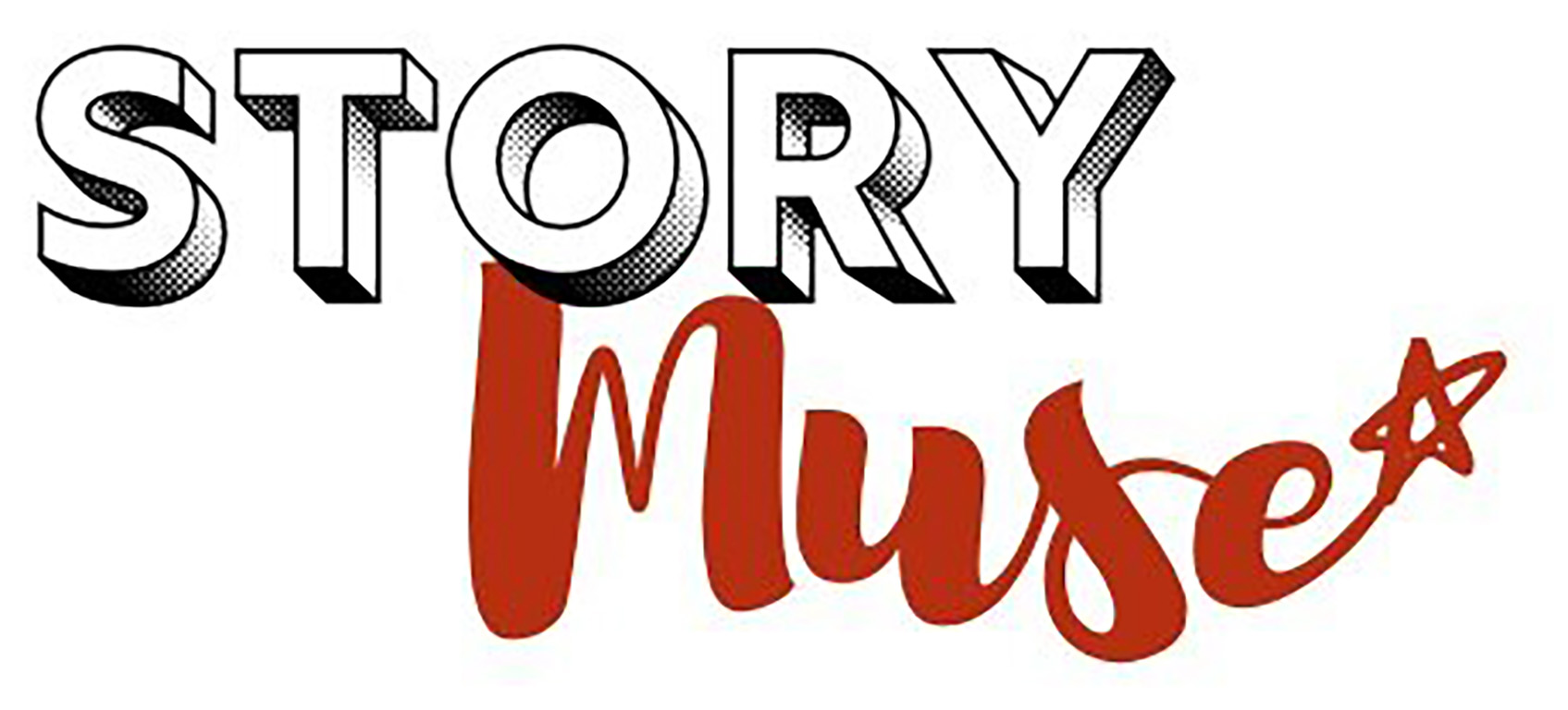Iraq Students Show Virginia Tech Support
(04-24) 09:52 PDT BAGHDAD, (AP) —
Students in Baghdad, where universities have been hard-hit by violence, said they were saddened by last week’s massacre at Virginia Tech and hung up a banner to express their solidarity with “our brothers in humanity and in pursuing knowledge.”
“We want to let the whole world know that we do not support terrorism anywhere,” said Yassir Nazar, head of the student union at Baghdad Technology University, who organized the hanging of the banner near the campus gate.
It reads, “We, the students of Technology University, denounce the attack at Virginia Tech. We extend our condolences to the families of the victims who faced a situation as bad as Iraq’s universities do. The sanctity of campuses must be protected around the world.”
“We have lost many friends and professors,” Nazar said Monday. “But in spite of our wounds, we want to show our solidarity with the students of Virginia Tech who are our brothers in humanity and in pursuing knowledge.”
Student Asma Suhail echoed that sentiment.
“We only want to study and we have nothing to do with any problems,” she said, wearing a pink and white head scarf as she stood on the campus. “We stand with the students of Virginia Tech because as Iraqis living in this country, we suffer more than any other people … so that we can feel the suffering the students of Virginia having been through.”
In Baghdad and other Iraqi cities, scores of students have been killed and their campuses targeted by Iraqi insurgents who often regard universities as bastions of Western thought and political activities they oppose.
More than 200 university professors have been killed in the past few years, and thousands have fled the country to teach at universities abroad, said Basil al-Khateeb, spokesman for the Iraqi ministry of higher education.
On Feb. 25, a female suicide bomber triggered a ball bearing-packed charge, killing at least 41 people at a mostly Shiite college whose main gate was left littered with blood-soaked student notebooks and papers amid the bodies.
On Jan. 16, two car bombs exploded as students from Mustansiriyah University lined up for rides home, killing at least 70 people and wounding at least 133.
Baghdad Technology University can seem more like a war zone than a college campus, despite its sports fields, modern buildings and a small garden with wooden benches.
Concrete barriers block nearby streets to keep out suicide car bombers. Students from Iraq’s complex mix of Sunnis, Shiites, Kurds and Christians walk peacefully across the campus, but the sound of ambulance and police sirens, military convoys driving past and U.S. helicopters flying overhead is nearly constant.
All students are searched before entering the campus video cell phones — which insurgents sometimes use to set off hidden bombs — are banned. Some students fall behind in their studies or miss exams because attacks or fighting prevent them from reaching campus. Baghdad’s frequent power outages also can make it difficult for them to study at home at night.
Although many Baghdad Technology University students regard Americans as much safer and luckier than they are, they were saddened by the tragedy at Virginia Tech, in which 32 people were gunned down by student Seung-Hui Cho.
“We denounce the shooting in Virginia Tech because it targeted students of knowledge,” said Hassan Abdul-Karim, a junior engineering major who said he has lost two friends to deadly insurgent attacks in his neighborhood of Baghdad. “Al-Qaida in Iraq does the same thing here in an effort to make ignorance prevail so its ideology can win.”
Zahra Hussein, a fourth-year engineering student, said she was shocked by the Virginia Tech killings in a country that is so much more peaceful and secure than Iraq. “For us, such attacks have become normal, even when they target students,” she said.
Mohammed Akram, a third-year chemical engineering student, said Iraq has seen many examples of recluses who have become suicide attackers. “But we are determined to complete our studies and do all we can for our country,” he said, as several friends standing around him on the campus nodded their heads in agreement.
